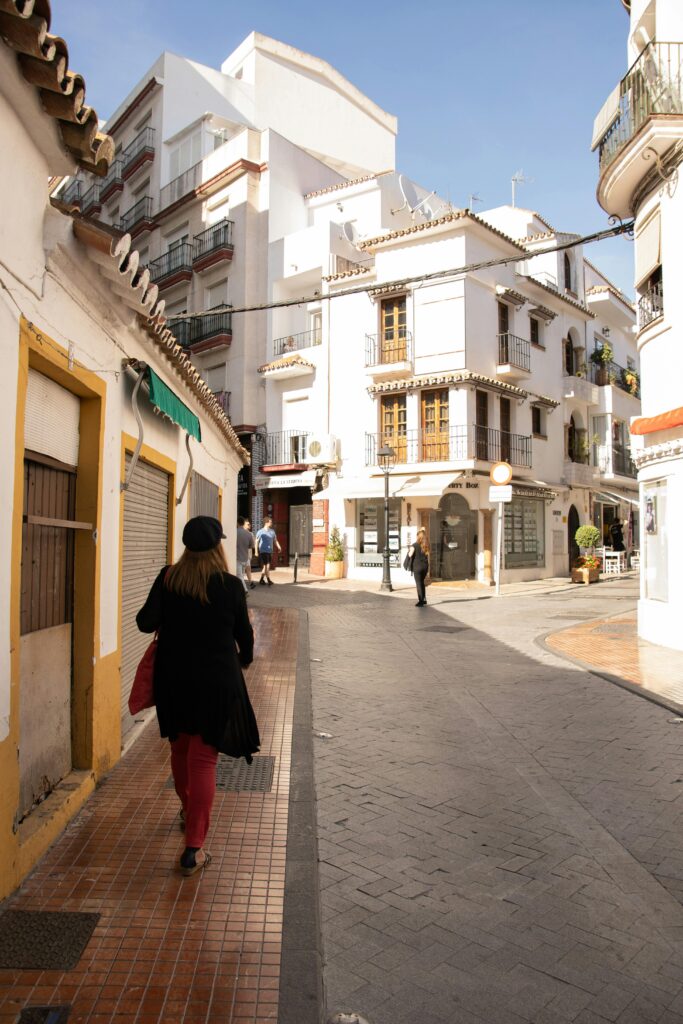The Housing Struggle of Working-Class Migrant Women in Spain Through a Double Horizon of Political Temporality
The document titled “The Housing Struggle of Working-Class Migrant Women in Spain through a Double Horizon of Political Temporality” explores the intersection of housing rights, financial crises, and the activism of migrant women in Spain. This analysis is particularly relevant in the context of the aftermath of the 2008 financial crisis, which significantly impacted housing markets and social conditions for working-class populations.

Contextual Background
Spain’s housing landscape has been shaped by a history of financialization and real estate speculation, culminating in a severe crisis that began in 2008. This crisis disproportionately affected vulnerable groups, particularly migrant women who often face compounded discrimination due to their gender and immigration status. The document highlights how these women have emerged as key actors in housing activism, challenging systemic injustices and advocating for their rights.
The Role of Migrant Women
Migrant women have been at the forefront of housing struggles, participating actively in movements such as the Platform for People Affected by Mortgages (PAH). The PAH has been instrumental in organizing protests against home evictions and advocating for housing rights. The document emphasizes that these women not only fight for their own rights but also contribute to broader social movements aimed at dismantling neoliberal policies that prioritize profit over people.
Double Horizon of Political Temporality
The concept of a “double horizon of political temporality” is central to understanding the dynamics of these struggles. This framework allows for an analysis of both immediate actions taken by activists and the long-term goals they aim to achieve. The document argues that migrant women’s activism is characterized by a dual focus: addressing urgent housing needs while also striving for systemic change within the broader socio-political landscape.
Intersectionality and Collective Action
The document underscores the importance of intersectionality in analyzing the experiences of migrant women. It discusses how their unique social positions—shaped by race, class, gender, and immigration status—inform their activism and collective strategies. The involvement of these women in housing movements has challenged traditional narratives around social movements, revealing the critical role they play in shaping political discourse and action.
Challenges Faced
Despite their significant contributions, migrant women encounter numerous challenges. Institutional discrimination, legal barriers, and economic precarity exacerbate their vulnerability. Many face difficulties obtaining legal residency, which further complicates their access to housing and social services. The document notes that discriminatory practices by landlords and real estate agencies further marginalize these women, making it difficult for them to secure stable living conditions.
Grassroots Mobilization
The document highlights various grassroots initiatives led by migrant women aimed at creating supportive networks and safe spaces. For example, organizations like Mujeres Migrantes Diversas provide essential resources such as legal aid, language classes, and temporary housing solutions. These efforts not only address immediate needs but also foster a sense of community among migrant women’s housing struggles, empowering them to advocate for their rights collectively.
Conclusion
In conclusion, “The Housing Struggle of Working-Class Migrant Women in Spain” provides a comprehensive analysis of how these women navigate the complexities of housing rights within a context marked by financial crises and systemic discrimination. Their activism is framed as both a response to immediate challenges and a broader struggle for social justice. By employing the concept of a double horizon of political temporality, the document illustrates how migrant women are redefining activism in Spain, highlighting their resilience and determination to secure their rights amidst adversity. This case study serves as an important contribution to understanding the dynamics of grassroots movements challenging financialized capitalism and advocating for equitable housing policies.
Also Read: An Exploration of Affordable Housing Policies in Auckland
